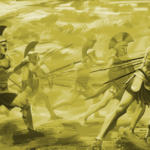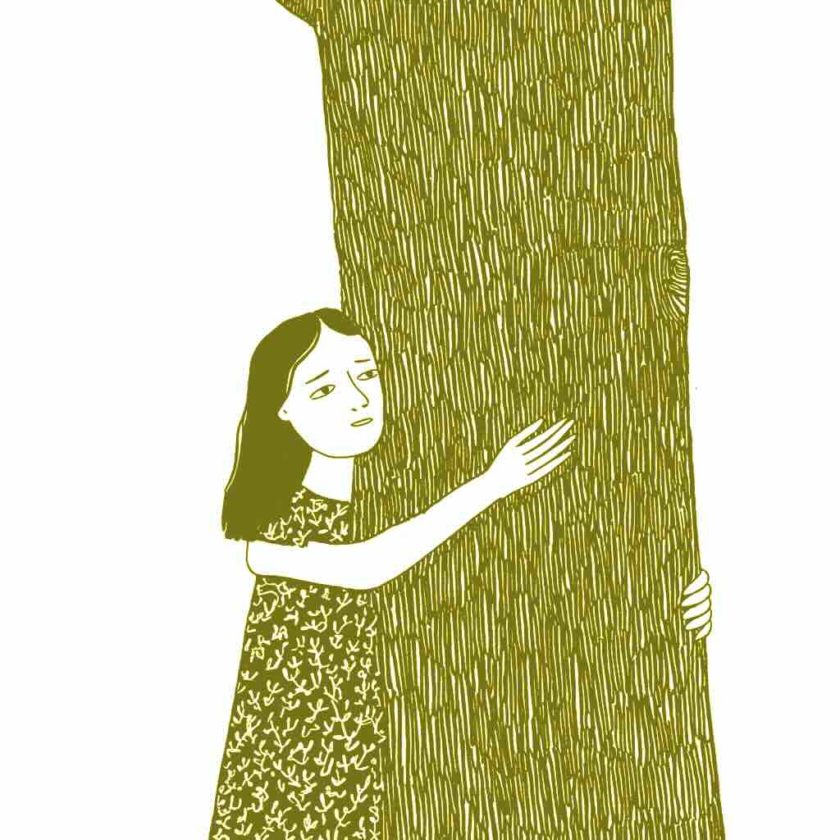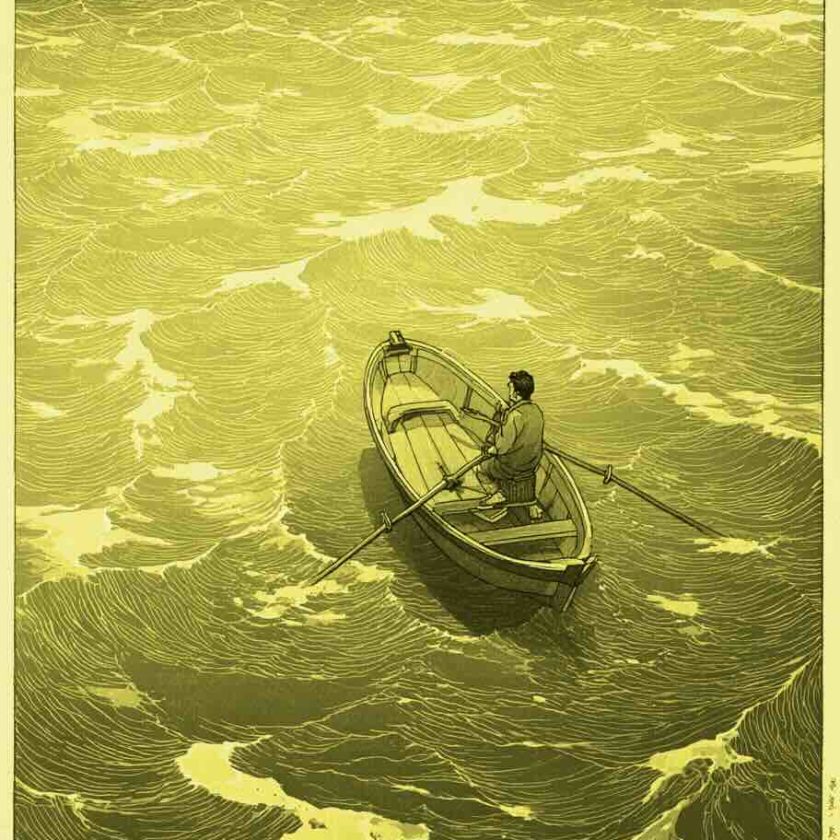Men see necessity only in crisis. Jean Monnet
Jean Monnet, born November 9, 1888 in Cognac and died March 16, 1979 in Houjarray (Bazoches-sur-Guyonne), is a French international civil servant, international banker, promoter of Atlanticism and free trade. He is considered one of the “fathers of Europe”.
Crises make us aware of the precious and yet so innocuous goods that we have lost, while they reveal in broad daylight the latent dysfunctions of a society. This is unfortunately the norm, since we seem not to learn from crises, which reproduce themselves in similar patterns to the previous ones. Would it be necessary to live permanently in a state of crisis to keep in mind the shortcomings of our societies?
Probably yes, but isn’t there a way to constantly avoid being at the foot of the wall? The reasons that push us to ignore the need in times of peace are diverse. Nevertheless, there is one that surpasses all the others, and that is the fact that as long as we are not affected by or confronted with necessity: since it does not reach us, we do not see it. Therefore, it is essential that all strata of society get together. Living in isolation only reinforces indifference towards others. The compartmentalization or ghettoization of society prevents the development of the empathy necessary to solve the challenges that citizens face on a daily basis. Travelling and “rubbing shoulders” with others is essential to becoming an actor for a better world. It is not by being indifferent that one can build a different world.










